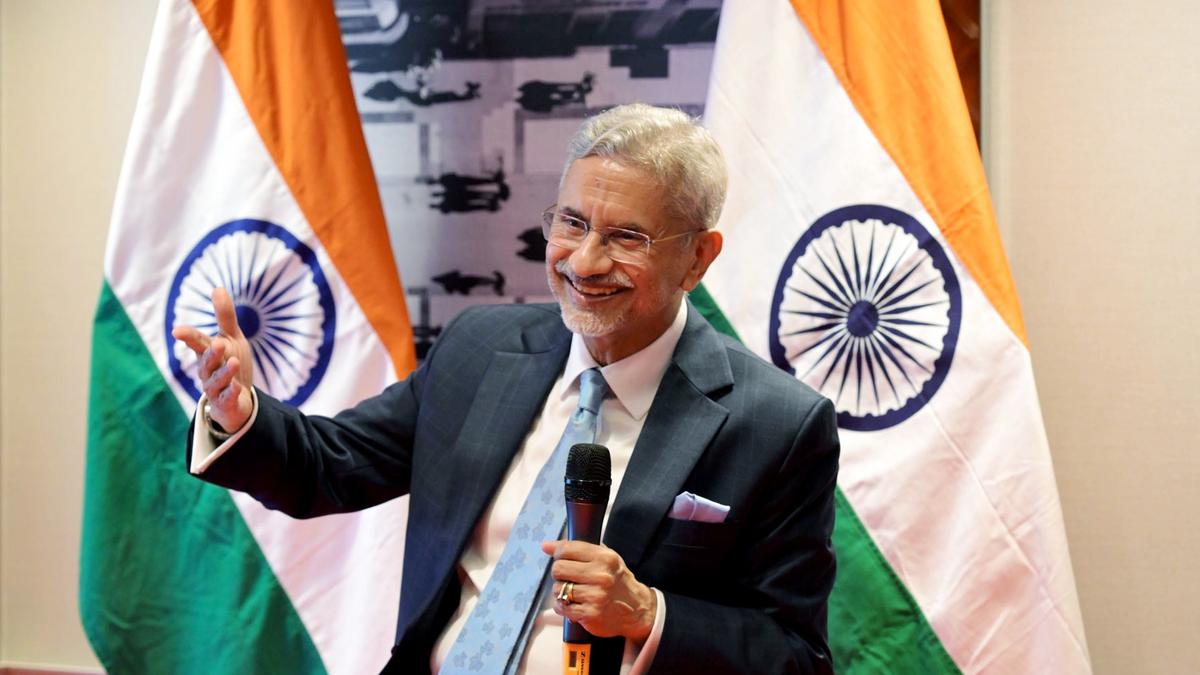Sources: 
India claims its recent air strikes have inflicted
far more extensive damage on the Pakistani Air Force than Pakistan could on India, forcing Pakistan to
sue for peace amid escalating tensions.
Indian External Affairs Minister S. Jaishankar emphasized that India is prepared to strike
deep into Pakistan if provoked by terrorist attacks, underscoring a policy of retribution against terrorist outfits and their leaders. He cited the
Pahalgam attack as an example of barbaric acts warranting such responses.
"
We don't care where they are. If they are deep in Pakistan, we will go deep into Pakistan," Jaishankar declared, highlighting India's resolve to target militants regardless of their location.
Jaishankar also accused Pakistan of training
thousands of terrorists 'in the open' and unleashing them on India, describing Pakistan as a country
steeped in its use of terrorism as an instrument of state policy. He warned that the root causes of the conflict remain unchanged, implying that diplomatic efforts may face significant challenges.
The situation remains tense as India asserts military superiority and readiness to respond decisively to any terrorist provocations, while Pakistan's response to the air strikes signals a potential shift toward seeking peace.
This dynamic raises questions about the next steps in the fraught India-Pakistan relationship, with the possibility of further military actions or renewed diplomatic engagements.
Key quotes:"India would strike deep into Pakistan if provoked by terrorist attacks."
"Pakistan was training 'thousands' of terrorists 'in the open' and 'unleashing' them on India."
"It (Pakistan) is a country very steeped in its use of terrorism as an instrument of state policy."
Sources: 
India claims its recent air strikes inflicted significant damage on Pakistan's Air Force, forcing Pakistan to sue for peace amid ongoing tensions. Indian officials warn of deep retaliatory strikes against terrorist threats, accusing Pakistan of state-sponsored terrorism and training thousands of militants targeting India.
